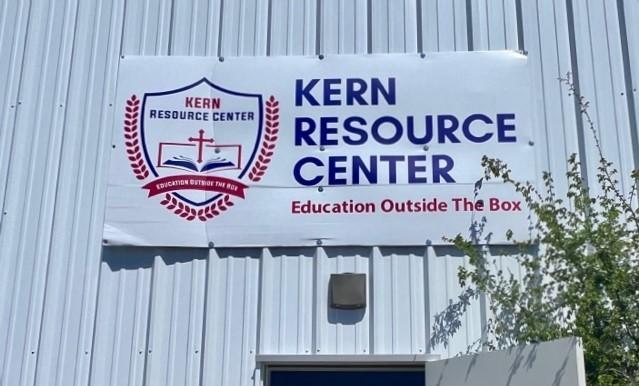A group of parents in California’s Kern County have started their own collaborative nonprofit organization as an alternative to sending children to public school.
Kern Resource Center (KRC) aims to provide K–12 students with a Christian-based education, life skills training, and a curriculum free of critical race theory and certain other ideologies.




